The Transition Task Force of Shambhala
In brief, our task is two-fold:
- To Select and Appoint an Interim Board to serve for 1 year. The Interim Board will assume all legal and fiduciary responsibilities previously held by the Kalapa Council for Shambhala USA and Shambhala Canada. Shambhala Europe has a different legal structure, and it is currently in transition from the previous governance structure.
- To Select and Appoint a Process Team. Working in tandem with the Interim Board, the Process Team will work with the community to develop an appropriate and healthy governance structure for Shambhala world-wide.
The selection process will include input and recommendations received from the community.
In recruiting the most qualified and appropriate nominees and applicants to serve on the Interim Board and the Process Team, the Transition Task Force is committed to:
- Worldwide geographical representation
- Diversity (eg. gender, gender identity, race, nationality, cultural, age, physical ability, socio-economic status) among those selected
- A mix of ages and generations
- Inviting former Shambhalians who are committed to the vision of Shambhala to apply
- Considering non-Shambhalians, particularly those from institutions that share a strong resonance with the Shambhala view
You can find out more about the TTF, or read our letters.
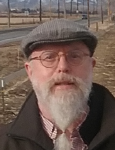
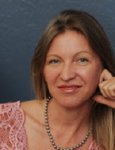
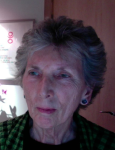

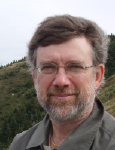
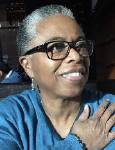
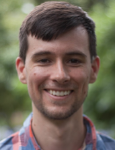
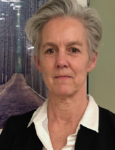
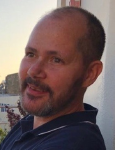
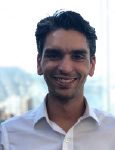
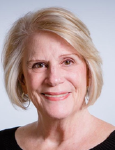
Share this post
Twitter
Google+
Facebook
Reddit
LinkedIn
StumbleUpon
Pinterest
Email